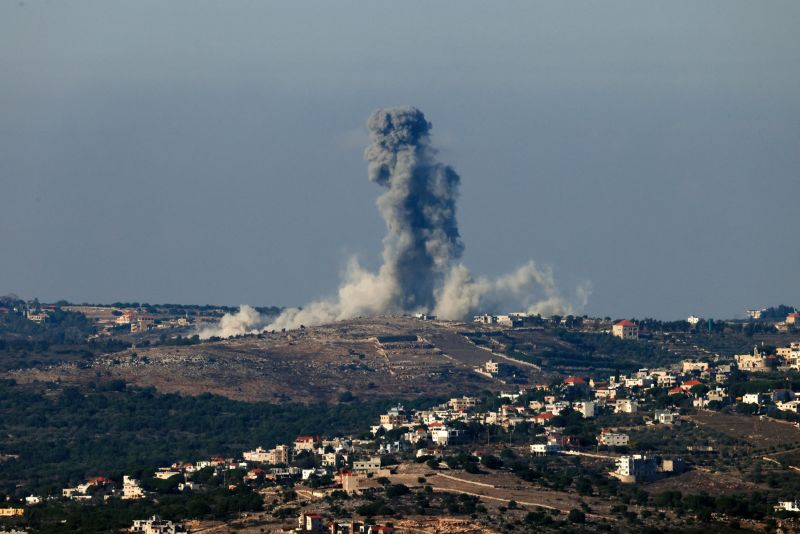
Shifting Sands: Israel’s Bid to Redefine Power Dynamics in the Middle East – A Historical Caution
Israel’s Strategic Shift in the Middle East: A Historical Perspective
In the tumultuous landscape of the Middle East, the delicate balance of power has always been a strategic consideration for nations seeking to assert their influence and protect their interests. Israel, a key player in the region, has recently made clear its intent to shift this balance in its favor, signaling a significant development that could have far-reaching implications for regional dynamics. As Israel seeks to redefine its position and assert itself as a dominant force in the Middle East, history serves as a cautionary tale, offering valuable insights into the potential risks and opportunities that such a strategic shift may entail.
The concept of balance of power has been a recurring theme in the history of international relations, with nations often aligning themselves strategically to counterbalance the influence of competing powers. In the context of the Middle East, where numerous geopolitical actors vie for control and influence, the maintenance of a delicate equilibrium has long been a central tenet of regional stability. Israel’s efforts to alter this balance, therefore, represent a significant departure from the status quo and have the potential to disrupt the existing power dynamics in the region.
Historically, attempts to change the balance of power in the Middle East have often resulted in conflict and instability. The Arab-Israeli conflicts of the 20th century, for example, were largely fueled by efforts to shift the balance of power in favor of one side or the other. The wars that ensued had devastating consequences for the region, leading to loss of life, displacement of populations, and a perpetuation of animosities that continue to this day. For Israel, the lessons of history should serve as a sobering reminder of the risks inherent in altering the established order.
At the same time, Israel’s desire to change the balance of power in the Middle East is driven by legitimate security concerns and a desire to secure its position in a volatile region. With the rise of non-state actors and the proliferation of advanced military capabilities, Israel faces a complex array of threats that require a proactive approach to defense and deterrence. By seeking to enhance its military capabilities and strategic partnerships, Israel aims to strengthen its position and ensure its ability to defend itself against potential adversaries.
However, the pursuit of a shift in the balance of power must be tempered by a nuanced understanding of the broader implications for regional stability. As Israel asserts itself more forcefully in the Middle East, it risks provoking reactions from other actors who may perceive its actions as aggressive or destabilizing. The delicate web of alliances and rivalries that characterize the region means that any significant shift in power dynamics is likely to have cascading effects, potentially leading to a spiral of escalation and conflict.
In navigating these complexities, Israel would do well to draw on the lessons of history and exercise caution and prudence in its strategic calculations. By pursuing a balanced approach that takes into account the interests and concerns of other regional actors, Israel can avoid the pitfalls of unilateralism and aggression that have characterized past efforts to change the balance of power. Ultimately, the key to a stable and secure Middle East lies in a framework of mutual respect, cooperation, and dialogue that seeks to address the legitimate security needs of all countries in the region.
As Israel embarks on this strategic shift, it should heed the warnings of history and tread carefully in its pursuit of a new balance of power in the Middle East. By leveraging its strengths while remaining mindful of the complexities and risks involved, Israel can position itself as a responsible and constructive actor in the region, contributing to a more stable and prosperous future for all nations in the Middle East.
